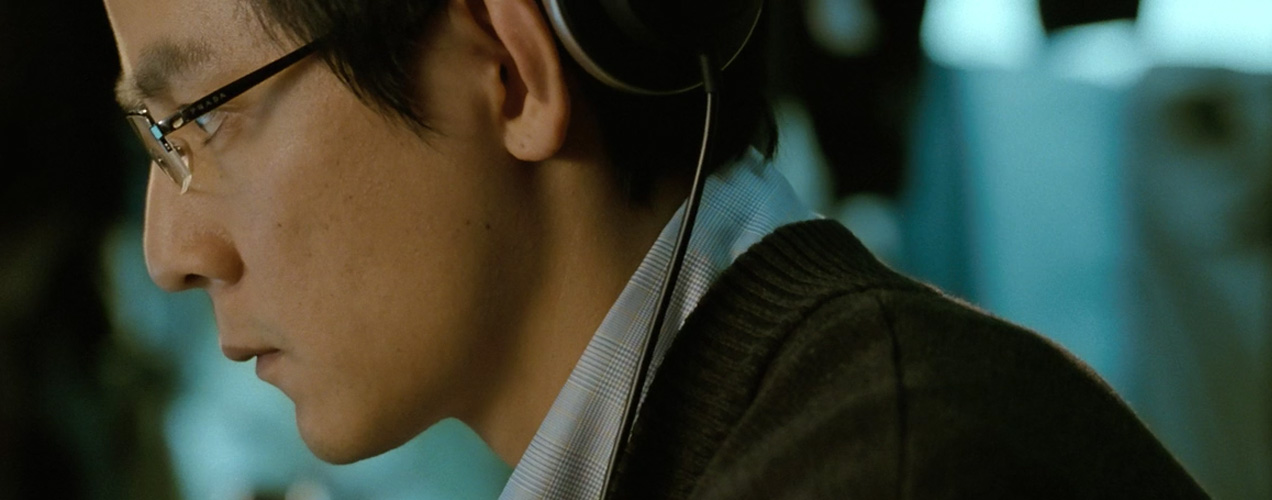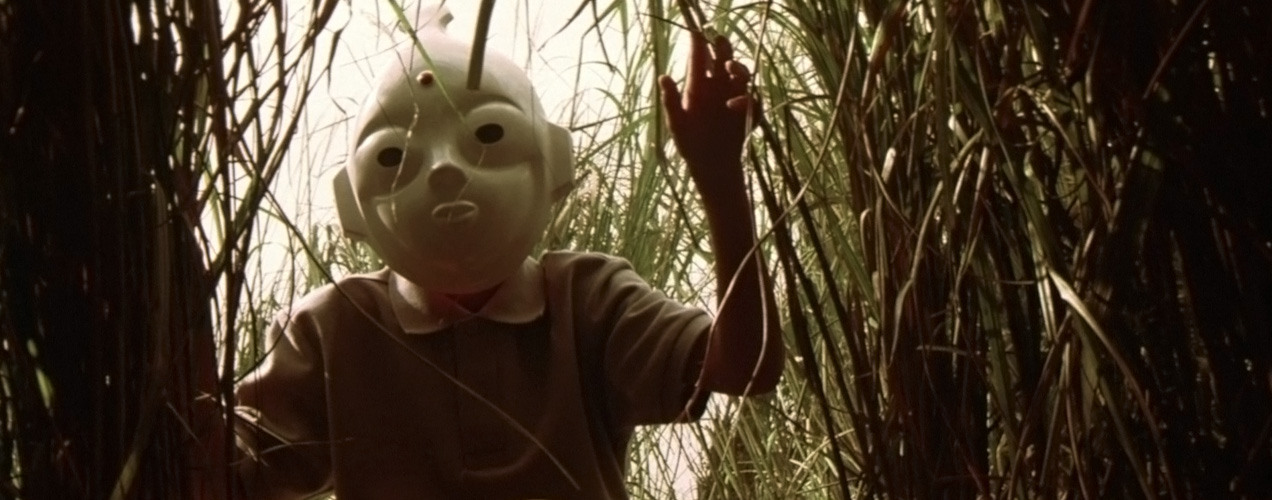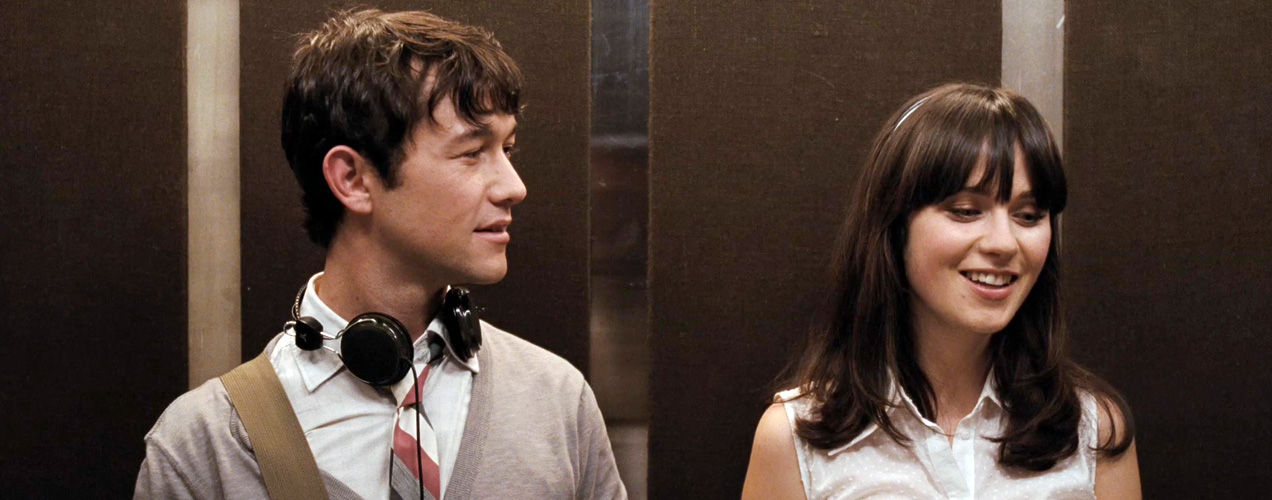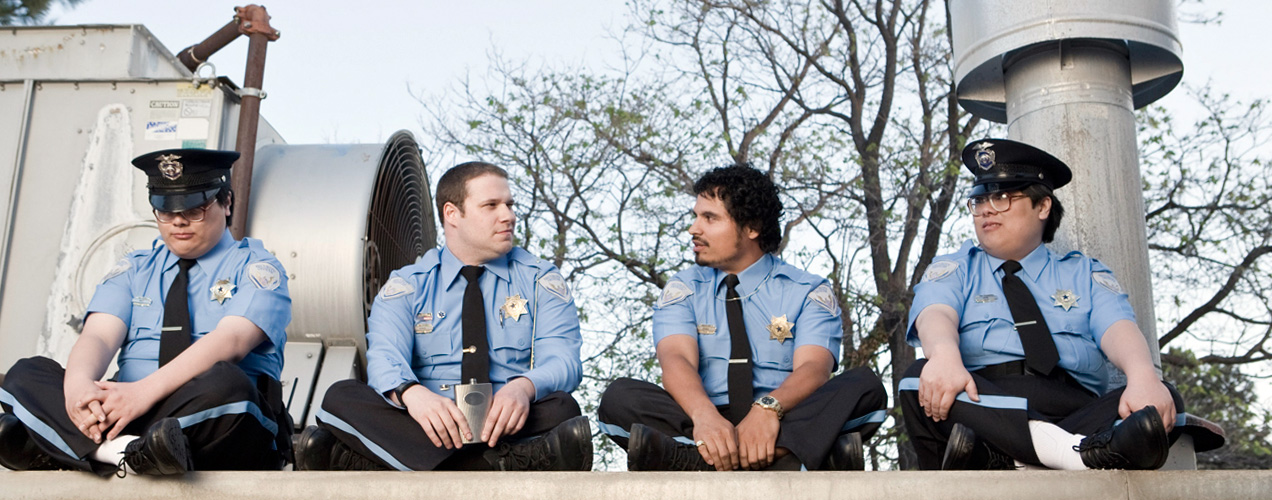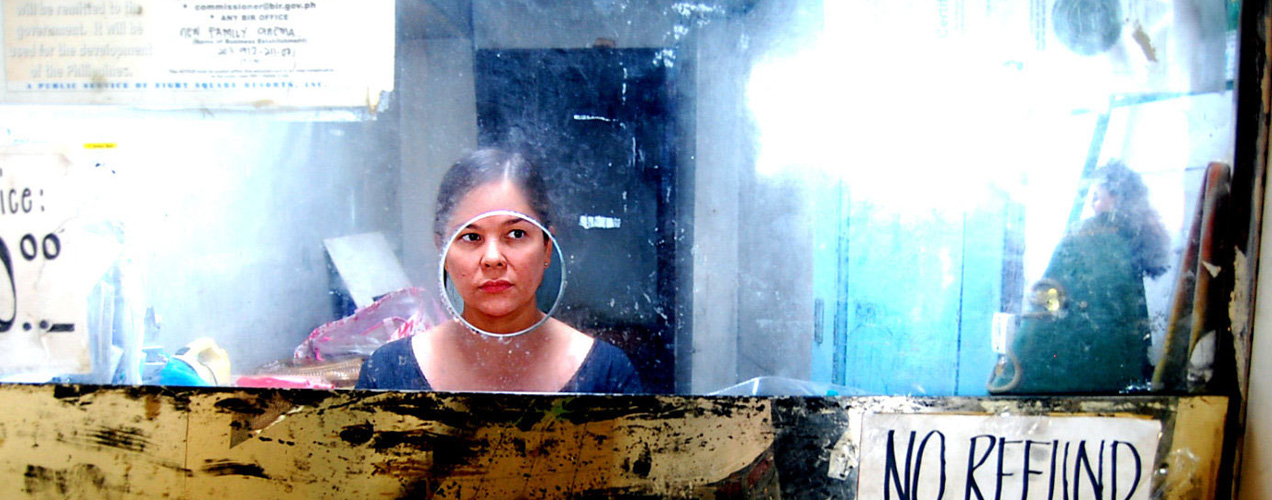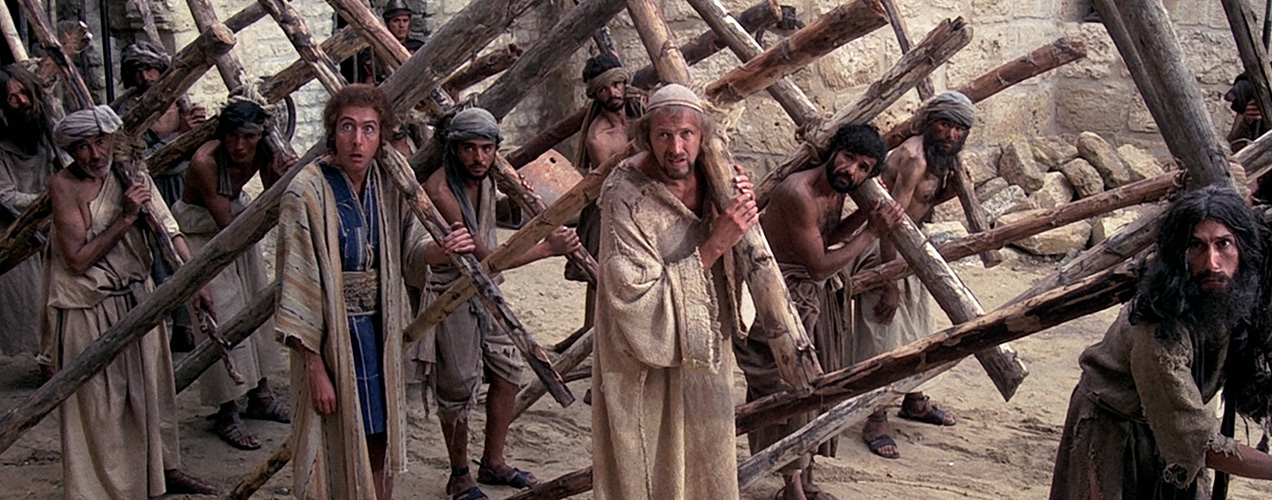2009 / Felix Chong & Alan Mark > Every Hong Kong filmmaker now has to take into effect mainland China’s demands for the righteousness of mankind, whether it be the clutches of morality or the dearest of cultural sensitivities. If they didn’t, the single largest portion of their box office receipts go out the door. And because of that, we’re back to adjusting for the 21st century’s version of the Hays Code all over again. Earlier this year, the guys behind Infernal Affairs (i.e., the basis for The Departed) released Lady Cop & Papa Crook after a six month delay because of disagreements with the Chinese censors. Critics bashed it. Lesson learned: If the bad guys can’t win, make sure somehow everyone loses. In Overheard, Chong and Mak make sure that they can utilize this technique into fitting their vision into China’s demands.
The problem is this, however: The tone of the film never becomes concrete. Thematically, we don’t know what the focus is. It starts off being a wiretapping thriller that turns into a morality dilemma for cops. That’s fine, but then we’re thrown into some reactionary revenge sequences. As it happens, vengeance isn’t always necessary or appropriate, even if the audience wants it. And if the actual act of vengeance isn’t satisfying, then it isn’t worth putting forth to begin with. Tricky, yes, but the Chinese censorship dilemma has forced directors and writers to into a corner from which they’ll have to climb their way through. This may have been one of the best efforts at it, but there’s still some way to go.

